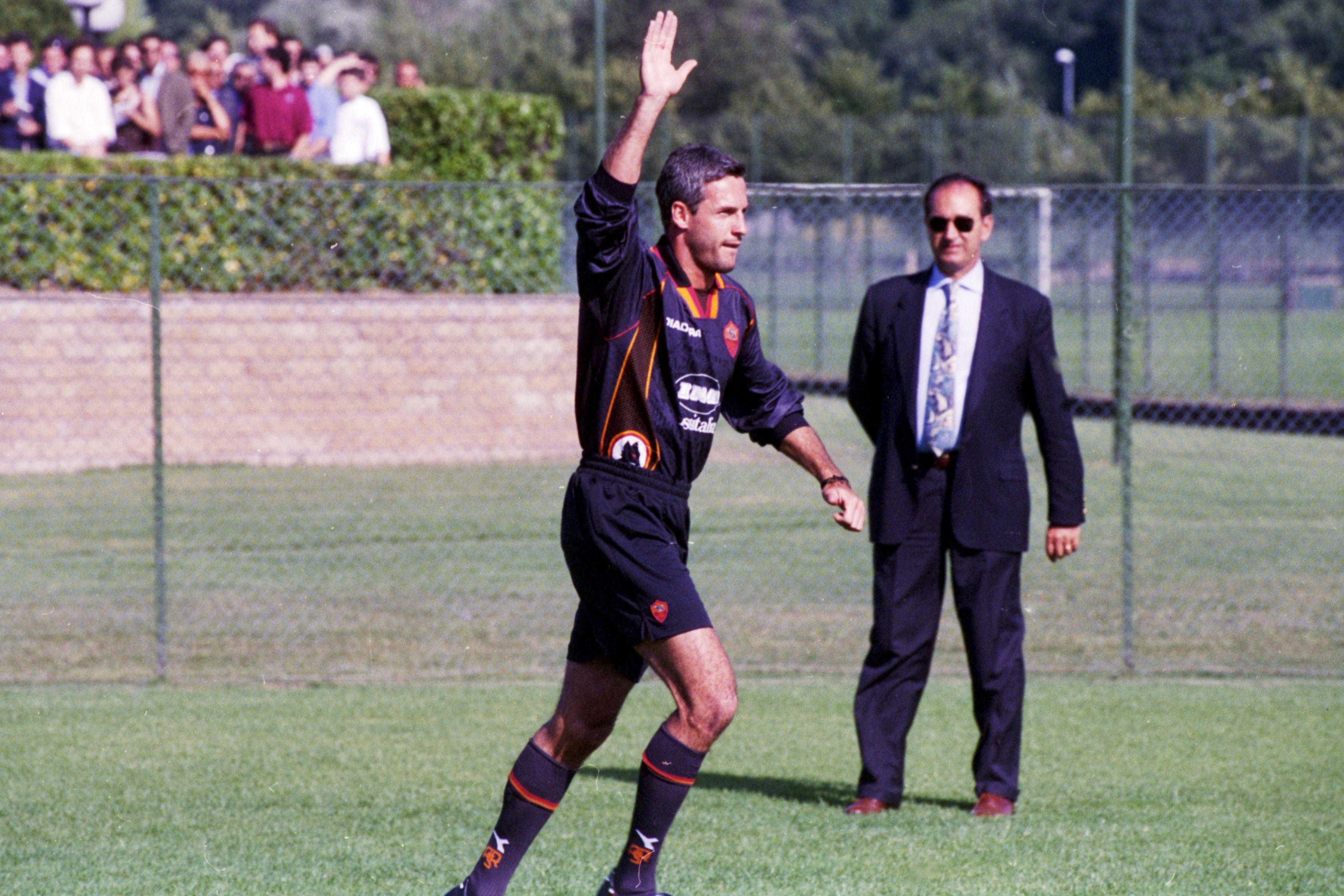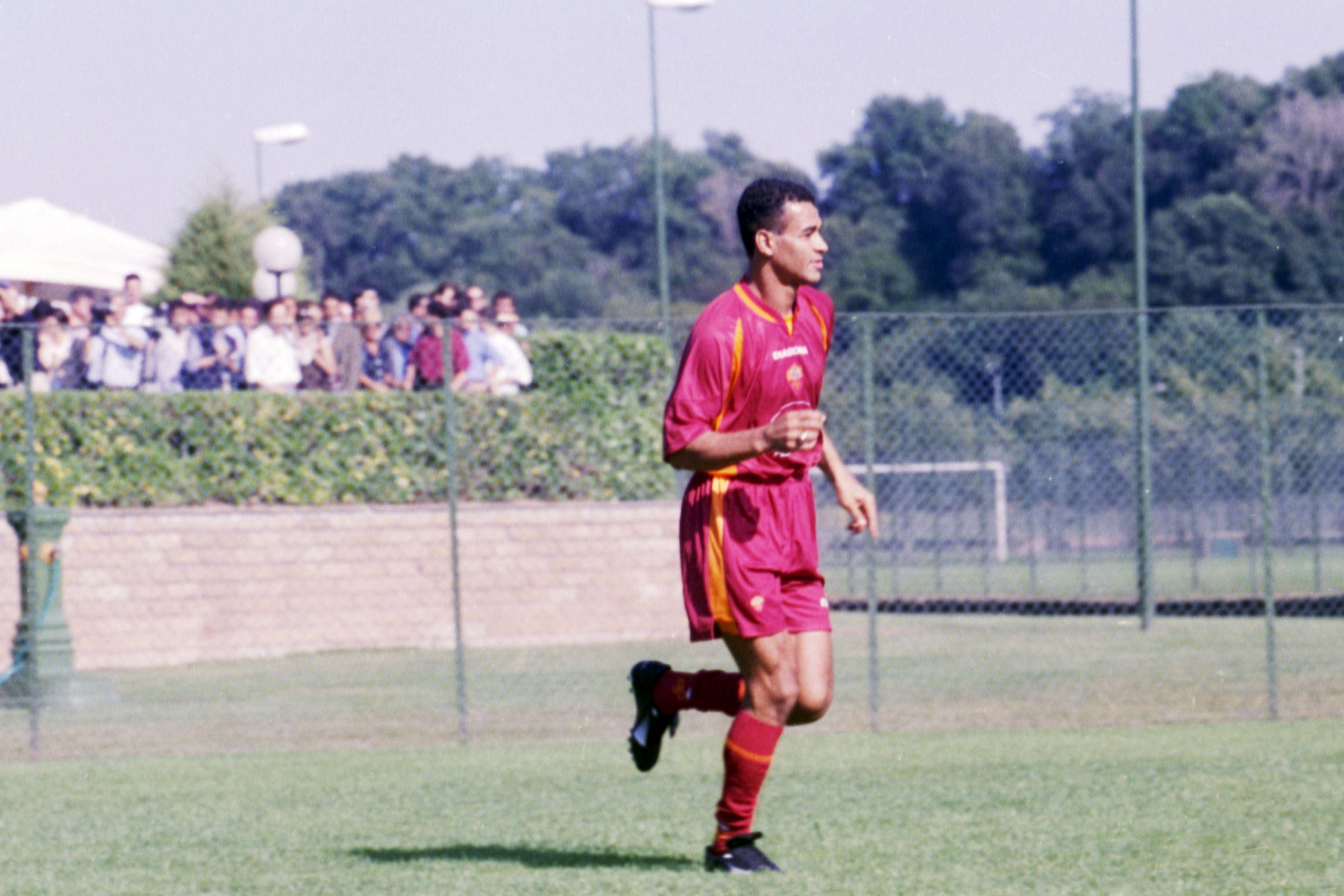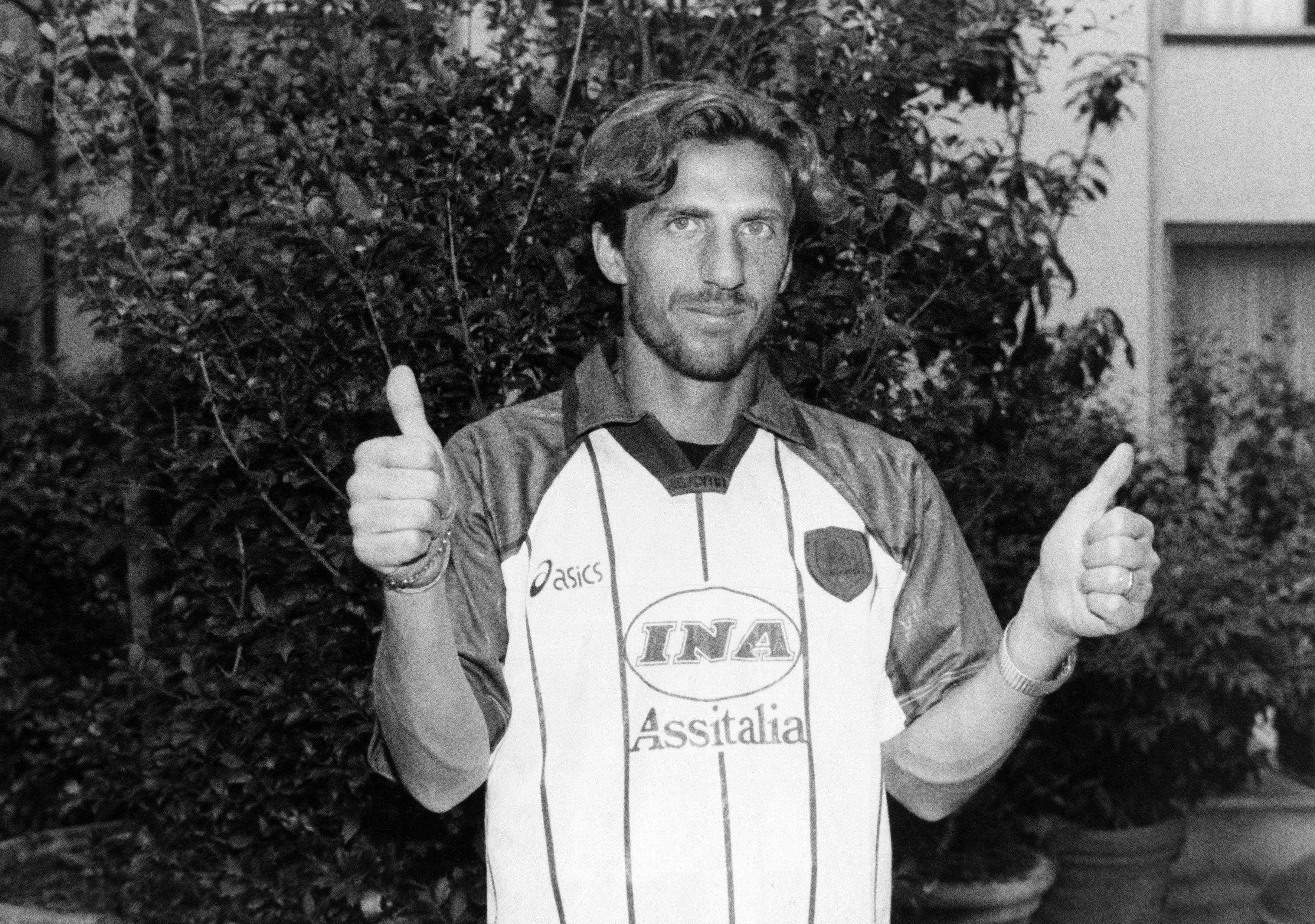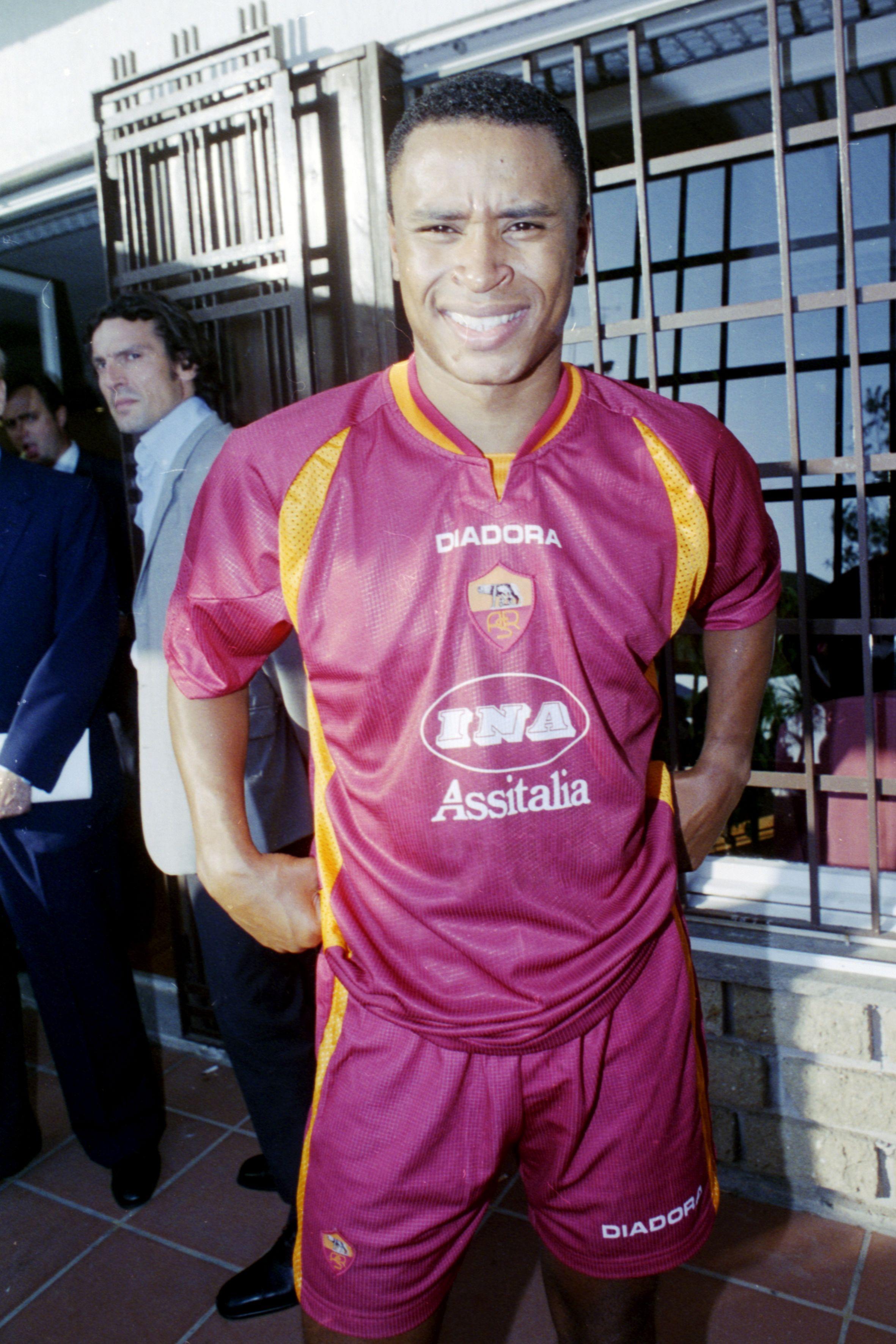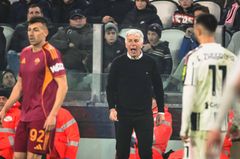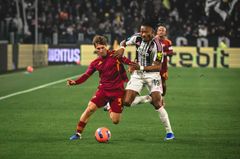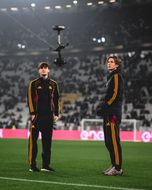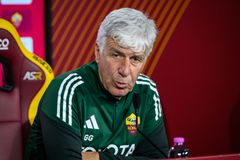
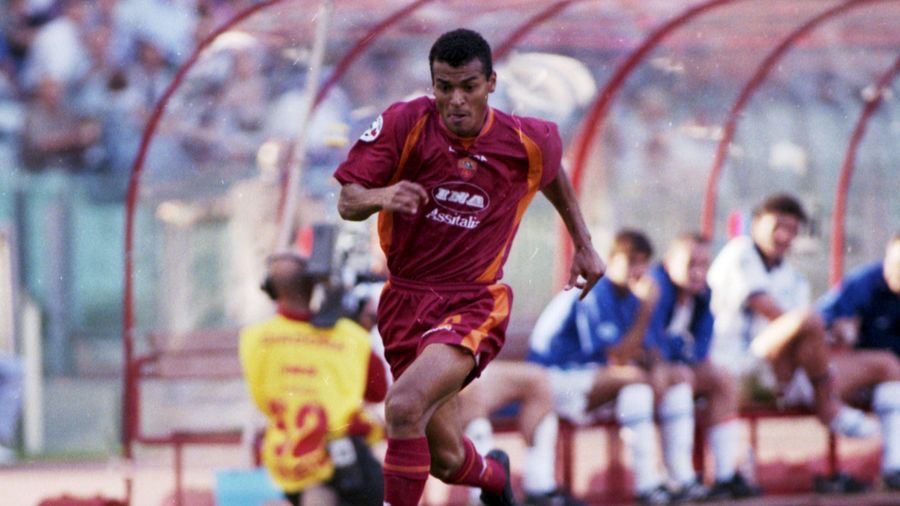
The Artemio Franchi. Florence. 31 August 1997.
The first day of the 1997-98 season.
A hot, arid day - with the world having woken up to the shock news of the death of Princess Diana in a car crash in Paris overnight. Almost worldwide, suddenly the events in that tunnel were all anyone was talking about.
Roma, of course, had a new season to focus on. Florence was the venue but Empoli were in fact the opponents - the side recently promoted to Serie A and temporarily not permitted to play at the Castellani.
For the Giallorossi it was a tough proposition; a side they hardly knew, in a formation difficult to work out on paper, on a neutral ground for both. And coming up against a manager they knew little about either - Luciano Spalletti - although that would assuredly change with time.
Spalletti, along with Carlo Ancelotti, was the youngest manager in the competition that season (both of them born in 1959). He carried with him an evolved, flexible view of the game that in some ways did not make him so different from his opposite number that day, Zdenek Zeman.
"I like to attack the same way he does - I studied his Foggia side a lot," Spalletti said ahead of the game.
For Roma, however, it was a fresh start after a summer of comings and goings - an active transfer market with the sole intention of revolutionising the side.
The captaincy had gone to Abel Balbo, following the exit of Amedeo Carboni to Valencia, while the No. 10 shirt had gone on Francesco Totti's back, the youngster slowly establishing himself at the forefront of this new team (even if he wouldn't start on this day).
Of the 11 players Zeman chose that opening day, five of the players were making their debuts.
Austrian goalkeeper Michael Konsel, 35, was undoubtedly the least youthful of them - flanked as he was by Cafu, the star signing of the summer, Cristian Servidei, Eusebio Di Francesco and Paulo Sergio.
Paulo Sergio, along with Cafu and Aldair, had been members of Brazil's World Cup-winning side of 1994 - giving the Giallorossi some real star power in the side.
Here's the full XI from that day:
1. Michael Konsel: Joining from Rapid Vienna in the summer, over two years at the club he would show himself to be an experienced, reliable option between the sticks. Nicknamed 'Er Pantera' ('The Panther' in Roman dialect), he ended up making 45 appearances for the club.
2. Marcos Cafu: The perfect full-back for basically any coach with attacking ambitions. A non-stop runner with great technical ability and no slouch defensively either, Cafu would grow into a cornerstone of the 2000-01 Scudetto-winning team. He would quickly become known as 'Il Pendolino' ('The Express Train'), etching his name into club history during his 218 appearances.
6. Aldair: The building block in the heart of defence for years and years. “Aldair, Aldair, Aldair” is the chant that remains often sung in his honour by the fans. In 13 years, he ended up making 436 appearances (and scoring 20 goals).
15. Cristian Servidei: A centre-back of promise and potential, in the end Servidei would never quite establish himself at the highest level - managing just nine appearances for the club in total. These days he lives a different existence; renting student houses in Ferrara.
5. Vincent Candela: Another full-back coaches dream about, comfortable on either foot and in any phase of the game. In 1998 he would play his part in France's World Cup-winning squad, and in 2000 he would add a European Championship title to his honours too. Another vital member of the Scudetto side, this season would spark the real start of his ascension to that level of reliability and importance.
11. Eusebio Di Francesco: 'Turbo' in central midfield, he was generous in the way he covered for his teammates but had quality of his own too. Injuries affected his progress, but he was another player destined to still be around for the title run of 2001. "In the dressing room, Di Francesco was absolutely vital that year," coach Fabio Capello would later note - and of course Di Francesco would eventually manage the Giallorossi himself. As a player, meanwhile, he made 129 appearances - scoring 16 goals.
4. Luigi Di Biagio: The perfect playmaker for Zeman, with his ability to make bursting runs forward and also play the ball over the top adding variety to the team's play. Testaccio born and raised, he made 140 appearances for the club in total (scoring 19 goals).
17. Damiano Tommasi: Another tireless worker in the centre of the park, a water-carrier for so long and in so many ways - albeit one of the highest quality himself. Loyal, determined and selfless, Tommasi reached his peak in the Scudetto season - when he was almost untouchable at times, and also contributed a number of vital goals. Overall, in ten years at the club he made 351 appearances - scoring 21 goals.
24. Marco Delvecchio: Perhaps known to so many as the man for a goal in the derby - in reality he was so much more than that. Built to lead the line and sniff out chances in the box, Delvecchio nevertheless did much of his best work from out wide, sacrificing himself for the team yet retaining his threat in the final third. In the end, 83 goals in 300 appearances undersells his impact.
9. Abel Balbo: The side's main goalscorer for much of the 90s, and thus the idol of so many kids who grew up in that period. The fans famously reworked the 2Unlimited's song 'No Limits' to pay tribute to him; “Balbo, Abel Balbo, Abel Balbo, Balbo, Balbo”. Back for a second spell at the club at the turn of the millennium, he too picked up a Scudetto medal - and in total finished with 87 goals in 182 games for Roma.
7. Paulo Sergio: A free agent signing from Bayer Leverkusen, the Brazilian arrived with a high reputation by virtue of his World Cup winner's medal earned in 1994. He would quickly become a fixture in the starting line-up under Zeman, making 77 appearances in his two years at the club. From his wider position, 26 goals was not a bad return at all.
The match: Roma ended up winning their season opener 3-1, thanks to a brace from Balbo after Delvecchio had opened the scoring in just the third minute.
Empoli could only manage a late consolation, yet Zeman was not entirely satisfied at the final whistle.
"It's good to get the three points, but there is still a lot to work on," he said.
"It's really not the case that we can be too happy about it or get ahead of ourselves in any way."
Spalletti, in his own way, had a similar view: "I couldn't have asked more from my boys; the final scoreline is a lie."

 Tickets
Tickets
 Shop
Shop













